Episode 49: Rick Doblin (Part TWO) | Canceling PTSD | Click to Listen
You can subscribe to this podcast from any podcast player by typing "After On" in the search window. If you're on an iPhone and use Apple's podcast software, just click here, If you're on a computer, click on that same link – then click the blue “View on iTunes” button (under the After On image on the left side of the page), then click “Subscribe” (in similar location) in the iTunes window.
After On Podcast #49: Using MDMA in the War Against PTSD (Part TWO)
Although his Harvard PHD is in public policy and government, Rick Doblin has been studying and/or working in the medical field since shortly after his eighteenth birthday. That is, if we define “medicine” a bit loosely during those early years – when (to quote Rick) he self-identified as a “counter-cultural, drug-using, draft-resisting criminal.”
But it was then that Rick also made a lifelong commitment to a powerful, if unorthodox approach to psychological therapy. Over the subsequent years, this approach started gaining mainstream acceptance at a slow, but ever-compounding rate.
Rick Doblin at TED
Today, the organization Rick founded before many of you were born employs just under sixty people. Many are research scientists. And their relationship with regulators – including the FDA in the US and the EMA in Europe – verges on being a partnership. If that sounds like a bit of an exaggeration, it probably is. But you’ll hear my rationale for it in the interview, and can then be the judge.
What's objectively true is that the molecule Rick's group has submitted for approval has the rare and coveted status of breakthrough therapy designation from the FDA –– which is as much of a big deal as it sounds. That compound is Methylenedioxymethamphetamine. It often goes by the snappier nickname of MDMA. But it’s known to its biggest fans as Molly, or ecstasy. And thanks to Rick, it may soon become legal (or rather, partially legal) throughout much of the world.

